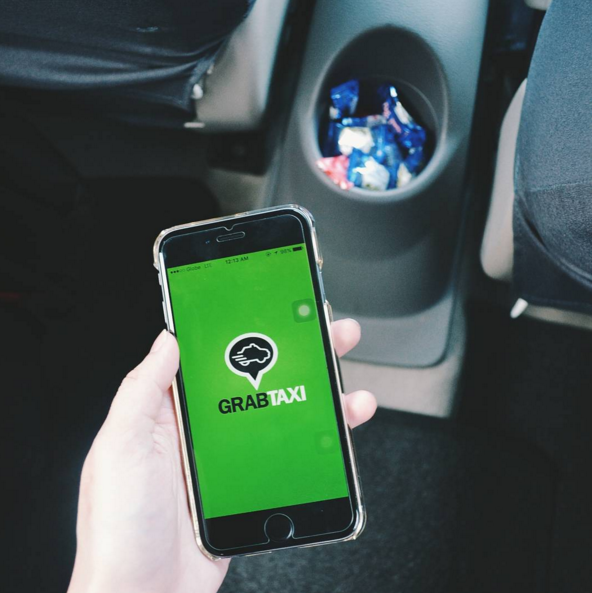Breaking
LTFRB: Uber and Grab tolerate ‘colorum’ vehicles
MANILA — The Land Transportation Franchising and Regulatory Board (LTFRB) reiterated that transport network companies (TNCs) Uber and Grab have violated its rules as they were operating transport network services (TNVS) without certificates of public convenience (CPC) or provisional authority (PA).
The board issued this statement Tuesday, July 18, amid a petition circulating on social media that calls for the lifting of the suspension of the moratorium on the granting of new franchises for TNCs.
The LTFRB clarified that ride sharing services are not suspended but only those with CPCs or PAs may be allowed to operate.
“The TNCs agreed to fully comply with the rules at the time they were granted accreditation. With their open and candid admission, it is clear that they have broken those rules grossly, putting at risk the tens of thousands of TNVs without PA or franchise to commit colorum activities,” LTFRB Chairman Martin Delgra III said.
The LTFRB imposed a fine of PHP5 million each for Uber and Grab for its violations and ordered them to deactivate more than 50,000 colorum Transport Network Vehicle Service (TNVS) drivers.
Starting July 26, Grab and Uber drivers without franchises will be fined PHP120,000 and their vehicles impounded for three months should they continue to operate.
Apart from operating without franchises, some drivers are also accused of trading franchises among themselves. TNCs have also failed to comply with other requirements such as IDs for drivers and a company signage on the vehicles. There have also been numerous complaints on rude and abusive TNVS drivers.
“We cannot have one rule regarding colorum for them and another rule for the rest of the modes of public transport, i.e. bus, UV express, taxi and PUJs. Where service is imbued with public interest, no less than the safety and welfare of the riding public is concerned, regulations become priority,” according to Delgra.
The LTFRB chief said that the TNCs must show good faith by complying first as it creates a Technical Working Group (TWG) that will settle various concerns such as accreditation and pending applications, accountability and dynamic pricing scheme.
“The Board has welcomed the creation of a TWG to help address the demand of such mode of public transport in a rational, comprehensive and systematic manner. We expect the TNCs to be candid, accurate, complete and transparent in submitting all the data and information the Board will need in addressing the issues,” he said.
Both Uber and Grab have stated that they will not deactivate their partner drivers for the meantime as they seek to coordinate with the government to craft policies that aim to ensure a level playing field among TNVS and taxi operators and improve the quality of public transportation in the country.
“Grab will continue reaching out to the government to seek clarity on its order. We urge the LTFRB to convene the technical working group as soon as possible so we can discuss important matters affecting the TNC-TNVS industry, more so the riding public,” Grab said in a statement.
“We also agree with taxi operators that the playing field should be leveled. But we must level it up by improving the quality of service of other modes of public transport, and bring them at par with TNVS — not by back-pedaling on the standards in place we have today,” it added.
On its part, Uber said: “We will not deactivate. We continue to support our partner drivers. We are working with government on best way forward to level the playing field up.”
More than 20 TNVs have so far been apprehended for operating without a franchise.
Of the estimated 56,000 drivers of the two TNCs, only more than 3,000 were given franchises by the LTFRB until it imposed a moratorium last year. (Aerol B. Patena/PNA)






















